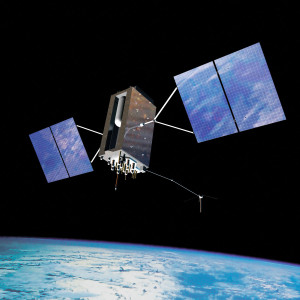
Here in the United States and around quite a good portion of the world, the US GPS system is the primary method of satellite navigation. However, according to Sputnik News, Russia’s GLONASS system will be declared fully operational by the end of this year and will provide the world with a secondary set of satellites for global satellite navigation.
“The technical snags and hitches have all been removed now, network schedules all signed and we’ll have concrete results coming in shortly, already before this year is out,” RSS director Andrei Tyulin was quoted in the article.
Russia’s GLONASS system, (which stands for Global Navigational Satellite System) has been under construction since the mid 2000s and has undergone several upgrades while transitioning from regional to global coverage. The constellation covered all of Russia in 2010 and by 2011 had full orbital coverage with 24 satellites–the minimum for a global system. Now, in 2015, all bugs seem to have been worked out and all of the satellites, including a couple alternates to provide more stability, have been deployed.
While it might seem a little irrelevant to GPS users, the full operation and navigational capabilities of GLONASS is a big step for the GNSS community, and makes Russia the second country to have a global constellation capable of precise location and navigational capabilities. There are a few devices which already support both GPS and GLONASS, and I hope that we’ll be able to see more of them in the coming months as GLONASS is finally 100% operational and complete.
